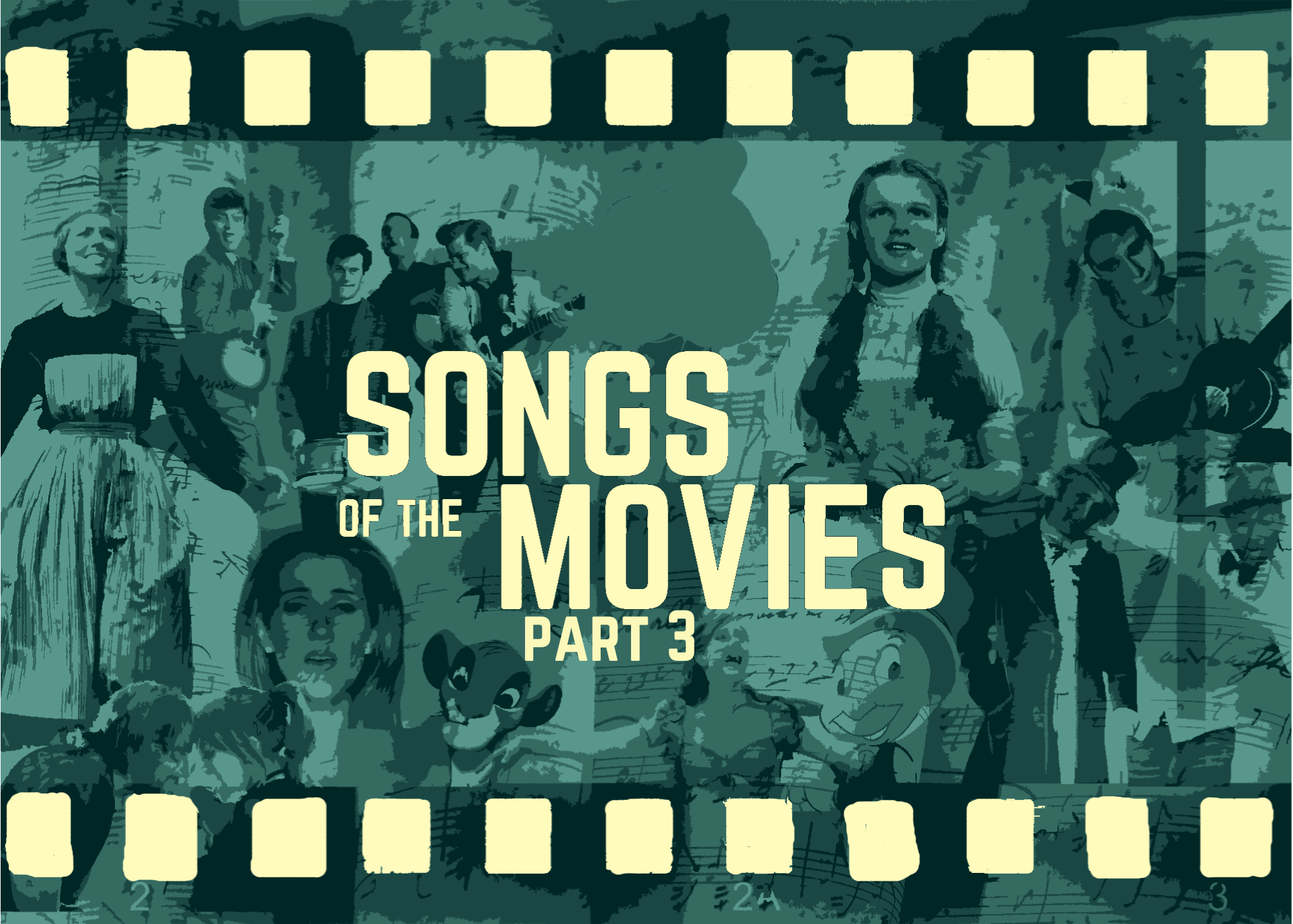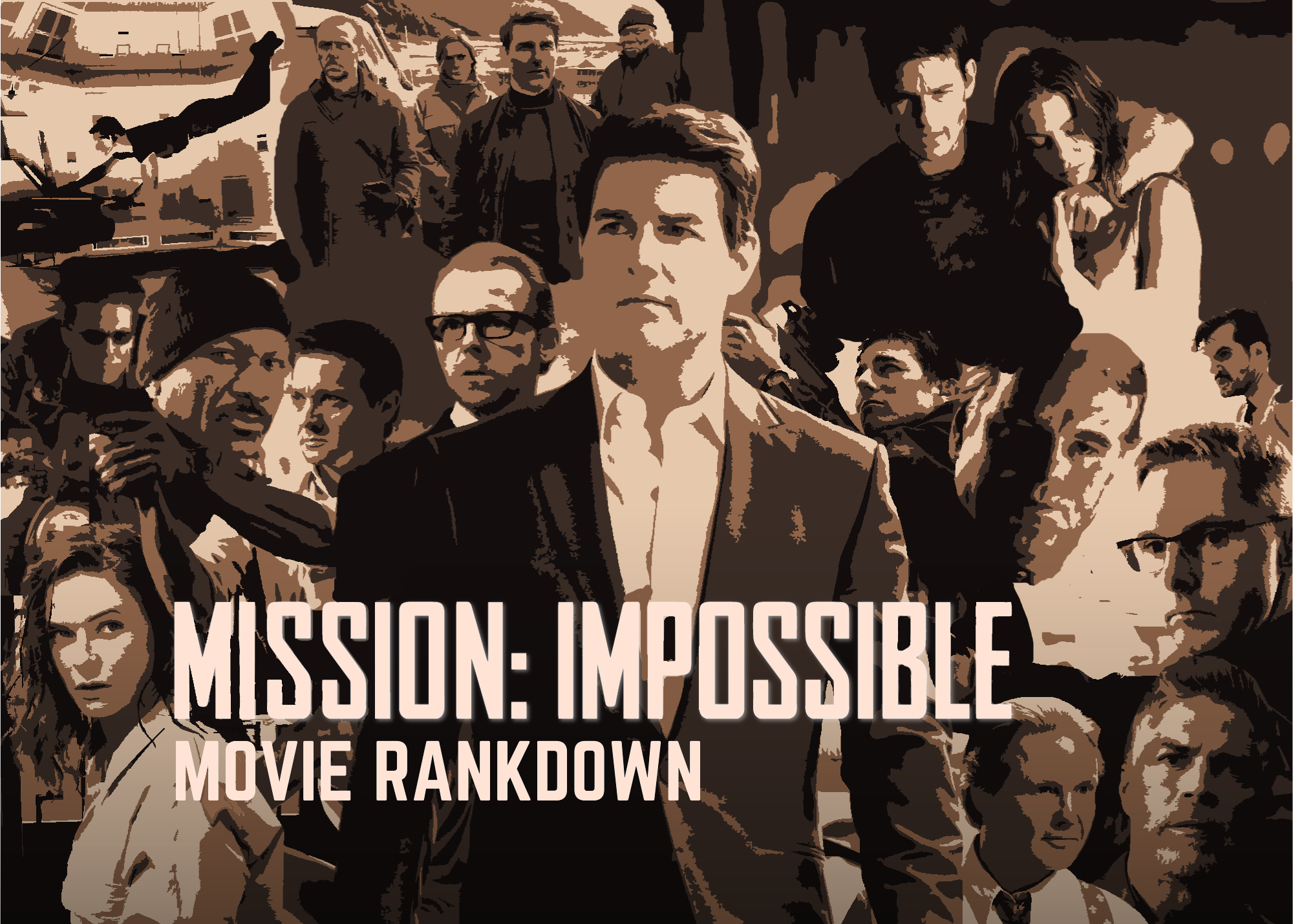Review: "One Flew Over the Cuckoo's Nest" Masters the Tricky Art of Adaptation
Jack Nicholson and the horrible, terrible, no good, totally bonkers insane asylum.
ClassicAdaptation: the only thing more disloyal than a randy college kid with a girlfriend a thousand miles away. It’s fickle and unfeeling, brash and neglectful. It cares not for purpose or intent, meaning or message. It’s a means to an end, and is boastful in its refusal to pretend otherwise.
A Series of Unfortunate Events, a darkly compelling cavalcade of light children’s horror, was contorted into a lifeless Jim Carey vehicle, then into a stiff, spiritless Netflix show that sapped the imagination right out of a story built on practically nothing else. What of I, Robot, Isaac Asimov’s explorative collection of short stories filled with prescient questions about the meaning of humanity and mankind’s ability to comprehend its creations? Forced through the economic crucible of the Hollywood studio system, it became a run-of-the-mill action film with a man-of-the-moment celebrity spearheading a monument to mediocrity. It is no secret: despite their ceaseless professions to the contrary, movies don’t care about meaning, but in a 130-minute festival of seeming aimlessness, One Flew Over the Cuckoo’s Nest asks a simple, yet worthwhile question: does it matter?
Jack Nicholson plays Randall P. McMurphy, a convicted statutory rapist trying to weasel his way out of hard labor by feigning insanity. He gets placed under the supervision of a leading clinician at a mental institution run by the cold, autocratic Nurse Ratched (Louise Fletcher) and wages a war of attrition to break her control over the hospital ward. Of course, that knife cuts both ways. Ken Kesey’s novel, upon which the film is based, is a scathing indictment of psychiatry. It chastises the institutionalization of humanity, rejects our collective fear of eccentricity, and celebrates individuality.
It would be dishonest to say these themes are lost entirely in Milos Forman’s adaptation. In the abstract, everything is present and accounted for: McMurphy’s insistence on undermining Ratched’s authority, the thinly-veiled paradigm of institutional tyranny, is present from the off, first when he refuses medication until a threat of rectal administration changes his tune, to a group therapy session where he insists they be permitted to watch the World Series. Ratched undercuts him with arbitrary voting deadlines and contrived parameters to develop the necessary consensus to enact change, no doubt emblematic of the ever-shifting rules we’re meant to follow to meet standards we didn’t agree to in the first place.
It is constantly changing, after all: who we’re meant to love; how we’re meant to be, and when and where we’re meant to be that way; how we’re supposed to dress and act, and what we can and cannot eat. What is fashionable one day is outdated the next. What’s acceptable to put on TV one year is archaic the next. In 1972, George Carlin brought the world seven words you couldn’t say on TV, three of which we hear in One Flew Over the Cuckoo’s Nest: an unconscionable thought nearly 40 years prior, when a simple “damn” at the end of Gone with the Wind dropped jaws across the country.
The decisions on such matters seem dictated by the will of the people, a popular concept in the American ethos, so much so we’ve deluded ourselves into thinking it even exists. Scores of psychological profiles comprise the bulk of advertising, which comprises the bulk of commerce, which comprises the bulk of “popular culture.” The choices are never truly ours, even among the most independent thinkers. We’re told we need the car, so we drive it. We’re told we need the TV, so we watch it. We’re told we need the pills, so we pop them, irrespective of the truth in our own minds: we know them best. It isn’t after McMurphy has spent his time staging open acts of rebellion, gradually seeking spiritual freedom for his ward-mates as much as he seeks physical freedom for himself, that he learns most of the men are not held there by law. They are welcome to leave whenever they so choose: they simply choose not to.
How readily do we sacrifice that hallowed will of the people when we’re told we shouldn’t trust it? How easy is it to exploit that mistrust, especially for those that treat it, and us, as currency? What is one to do when one realizes this, if not for ourselves so much as others? We stand, not with shaking hands and trembling lips, but resolve enough to move the earth, or at least our little slice of it. When a dispute over the allocation of cigarettes erupts into a manic frenzy, riddled with demands, feelings, and expectations of fair treatment, the worst happens: the patients are subjected to electroshock “therapy” to right their behaviors.
How painful have been the numerous corrections to our mania, a refusal to conform, an insistence on autonomy, a demand for decency? Even in the confines of control, we ask for something simple but are turned away. We cannot wear clothing too revealing, or say things too inciting. We cannot embrace each other too warmly or speak with one another too candidly. We cannot observe too keenly or vocalize our observations too frankly. In just a few brief moments of defiance and the inevitable defeat that follows, we know this. But how much credit can one give One Flew Over the Cuckoo’s Nest for this? Kesey’s novel is a thematic pot overflowing on a gas stove, and the knowledge of that is enough to understand the inner workings of the movie, at least in spirit. With all its perfunctory distractions: an ill-conceived field trip on the water, the great gift of hard liquor and loose women to a stuttering virgin, and a fake deaf-mute’s performative inability to play basketball, the movie doesn’t make much effort to stand on its own two feet. What it does do is succeed at being that most reviled form of artistic thievery: adaptation.
Outside its few moments of thematic allure, it isn’t anything profound. It rarely examines; it avoids testament; it hides from scrutiny. There’s little introspection by McMurphy on the worthiness of his cause, especially after learning many of the men fundamentally can’t share in it. Nurse Ratched is an objective evil, her iron-clad alliance with unshakeable control masked by the technical righteousness of her adherence to rules. Never does she consider compromise to meet a greater end, or even simply for the sake of it, even after she watches her hold over the ward falter on more than one occasion. This is no shock. Forman would win a second Directing Oscar (his first was for this) for Amadeus nearly 10 years later, a cinematic buffet that stuffs you full but never challenges your intellectual palette.
Yet, there is truth to this: we rarely ponder the value of speaking out. We either do it without regard for the effect or keep silent and wish we could do more. The people in control: the institutions that line their pockets by gouging ours, lock our will in a throttle hold with baseless ideas of the common good, and repress our individuality with abusive rhetoric on what emotions are and are not acceptable, gain nothing from considering us, and so they never do. Money and power are their language. Our feelings will not help them speak it any better.
Thus, we’re left with a classic tale of good vs. evil, where one man commandeers a tyrant’s power and runs wild with it to break her entirely while she cuts him at the knees with technicalities he can’t overturn and legal ramifications he can't undo. Nicholson (though essentially playing himself) is effective here as a rebellious lothario who initially skirts responsibility but ultimately discovers kinship that binds him to a cause other than himself. Fletcher outclasses the ward with a frigidity that makes Nurse Ratched just as menacing as she is wicked. They are the cat and the mouse, although their roles switch depending on the scene. Just as McMurphy thinks he has the majority rule necessary to watch the World Series, Ratched elects to rope the catatonic elderly men of the ward into the vote. Just as McMurphy goads a silent Chief into raising his hand, Ratched reminds him that she had already closed the meeting when he elicited the swing vote.
This ping-pong match of undercuts culminates in the stuttering Billy’s suicide, forced by Nurse Ratched’s threats to inform his mother of his fornication the night before, punishment for a late-night excursion that destroyed the ward. He cuts his throat with a shard of glass, a matter to which Ratched seems indifferent, and sparks McMurphy to choke her nearly to death. The consequence is tragic for McMurphy, who gets lobotomized before he can make his escape to freedom. His fate gets paralleled by the dawn of a new day in the ward. Ratched (having lost much of her speaking voice) has her iron grip on the patients broken. McMurphy’s act has humanized her, her vocal struggles even more. There is no turning back. Chief then escapes after mercy killing his lifeless friend, throwing the same fixture through a window that McMurphy failed to lift weeks before.
The message is clear: defy and you will flourish. A “costly sacrifice laid upon the altar of freedom” will pay dividends in the end. It is always worth it to challenge the corrupt. But for all the triumph and its implications, there’s little weight carried. The film defies the source material too much to have this mean something on its own merit. Whatever it gets thematically, even at the end, it gets from Kesey, the author, not Forman, the director. Still, it shines a light on a sobering truth for art fanatics but a relieving one for everyone else: adaptation, while occasionally painful in its bastardization of the source material, can often find its own niche, carving out a place to call its own.
One Flew Over the Cuckoo’s Nest won’t stimulate the intellect, but it never feels that it intends to; perhaps this is a failing, to have something sharp to draw on and then blunt it. But in charting its own course, it takes us on a ride of loveable goofs, a rootable protagonist, an iconic villain, and enough humanity to make for a compelling comedy-drama.

78
Director - Miloš Forman
Studio - United Artists
Runtime - 133 minutes
Release Date - November 19, 1975
Cast:
Jack Nicholson - Randle Patrick “R.P.” McMurphy
Louise Fletcher - Nurse Mildred Ratched
Brad Dourif - Billy Bibbit
Christopher Lloyd - Max Taber
William Redfield - Dale Harding
Danny DeVito - Martini
Will Sampson - “Chief” Bromden
Sydney Lassick - Charlie Cheswick
Editor - Richard Chew, Lynzee Klingman, Sheldon Kahn
Cinematography - Haskell Wexler, Bill Butler
Screenplay - Lawrence Hauben, Bo Goldman
Score - Jack Nitzsche

%20(13%20x%206%20in)%20(13%20x%204%20in).png)
.png)




































.png)






.png)